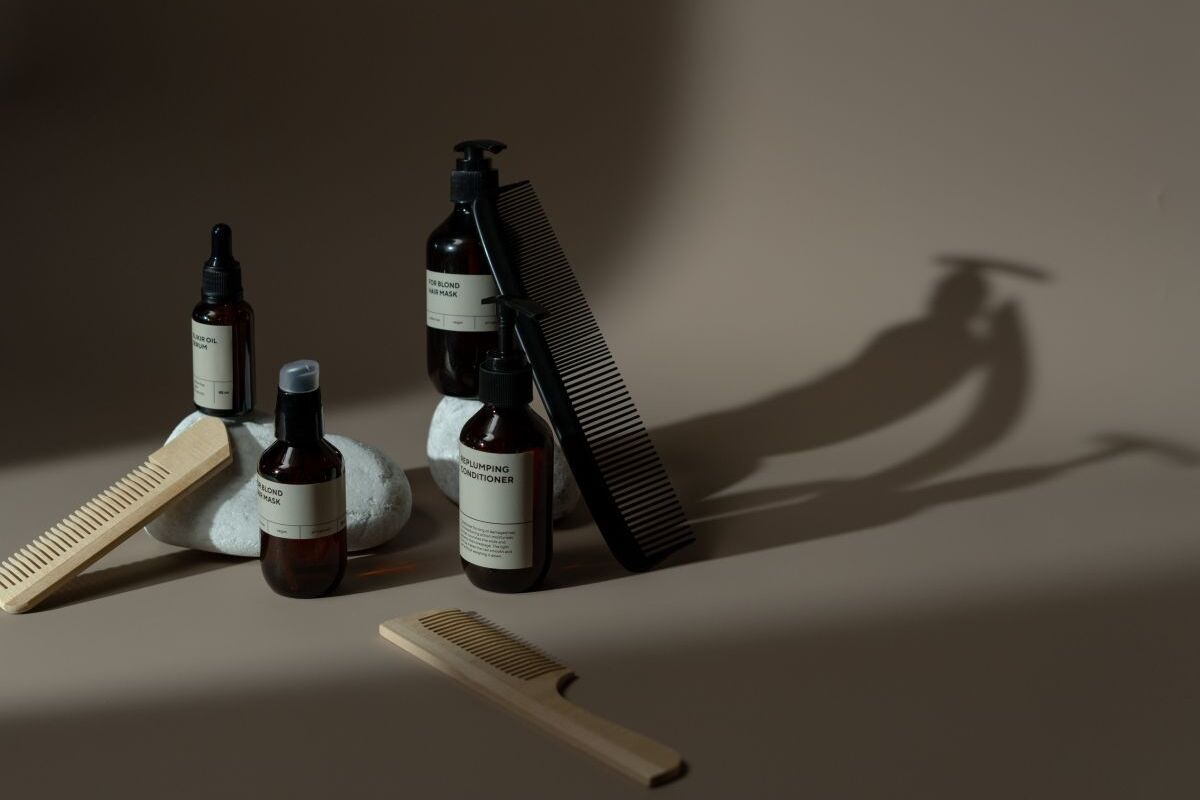Postnatal mothers often grapple with postpartum hair loss, a common occurrence following childbirth.
Understanding Postpartum Hair Loss: Causes and Recovery Strategies
Let's delve into the reasons behind this phenomenon and discover ways to revitalize your hair's volume and strength.
Related Topic:
Postnatal hormonal shifts are one of the primary reasons for the physical and emotional fluctuations that affect women's bodies. During pregnancy, the levels of hormones like estrogen and progesterone significantly surge. These hormones play a crucial role in maintaining pregnancy, affecting various body systems.
After childbirth, there's a precipitous drop in these hormone levels, leading to numerous symptoms and body changes, including hair loss.
Why does hair seem to shed at a faster rate after childbirth?
- During pregnancy, increased estrogen and progesterone levels contribute to keeping hair in the growth phase (anagen). This results in a smaller number of hairs entering the resting phase (telogen). As a result, women usually lose less hair than usual and experience denser hair. Postpartum hair loss occurs as hormonal balance gradually returns, and the hairs that were naturally expected to fall out over a 9-month period begin to do so simultaneously, giving the impression of "shedding." It's essential to remember that postpartum hair loss is typically a temporary condition.
- Over time, hair growth returns to its pre-pregnancy level. The process may take several months to a year, but hair loss gradually diminishes during this phase.
Even although postpartum hair loss can be a concern for many women, specialized treatment is usually not necessary. However, if hair loss seems excessive or persists for longer than 6-9 months, it's wise to consult with a trichologist to examine possible underlying causes such as anemia or hormonal imbalances.
Maintaining Your Locks: Tips for New Moms
- Nutrition is vital. Maintain a diet rich in proteins, iron, B-vitamins (biotin in particular), and omega-3 fatty acids, which are integral to hair health. Don't neglect fruits, vegetables, nuts, avocados, and salmon.
- Select a suitable shampoo for your scalp type and don't overlook conditioner. Opt for wide-toothed combs when detangling to reduce hair breakage.

- Avoid hairdryers, curling irons, and straighteners. Allow your hair to rest from high temperatures and chemical treatments.
- Scalp massage isn't just pleasant, but also beneficial for stimulating blood flow to the follicles.
- Drink an adequate amount of water daily. Proper hydration is essential for maintaining body hydration, which is crucial for the health of your scalp and the strength of your hair follicles. Hydration helps transport nutrients to the hair roots, stimulates hair growth, and prevents dryness and breakage.
- High-quality sleep is vital to your overall health, as well as for your hair. During sleep, blood circulation to the scalp improves, providing better nourishment and oxygen supply to the hair. Additionally, sleep reduces stress levels, which can lead to hair loss.
- In collaboration with a doctor, consider taking special vitamins to restore hair health.
When to seek help?
If hair loss persists or other alarming symptoms, such as nail breakage and dry skin, arise, it's time to consult a healthcare professional to assess potential vitamin deficiencies or other health issues.
Don't hesitate to seek the assistance and guidance of professionals. The service tailors an individual approach to help mothers restore their hair's beauty and strength, providing support and effective solutions to navigate this period with minimal hair loss. Download the app and take advantage of its free features; the premium functionality is also available at a discount through the website.
Upon registration, users receive a 10-euro incentive, which may be used towards purchasing advanced features within iHairium. By purchasing the service, you'll save 54 euros on subscription costs.
Bear in mind: postpartum hair loss is a temporary condition, and with appropriate care, you'll soon enjoy full and healthy hair once more!
Related Topics:
Postnatal hormonal shifts cause the levels of estrogen and progesterone to decrease, resulting in many women entering the resting phase (telogen) of their hair growth cycle. This phase results in a higher number of hairs beginning to fall out at once, leading to postpartum hair loss. New mothers can help maintain hair health during this period by focusing on diet, utilizing suitable hair products, and obtaining adequate sleep.







